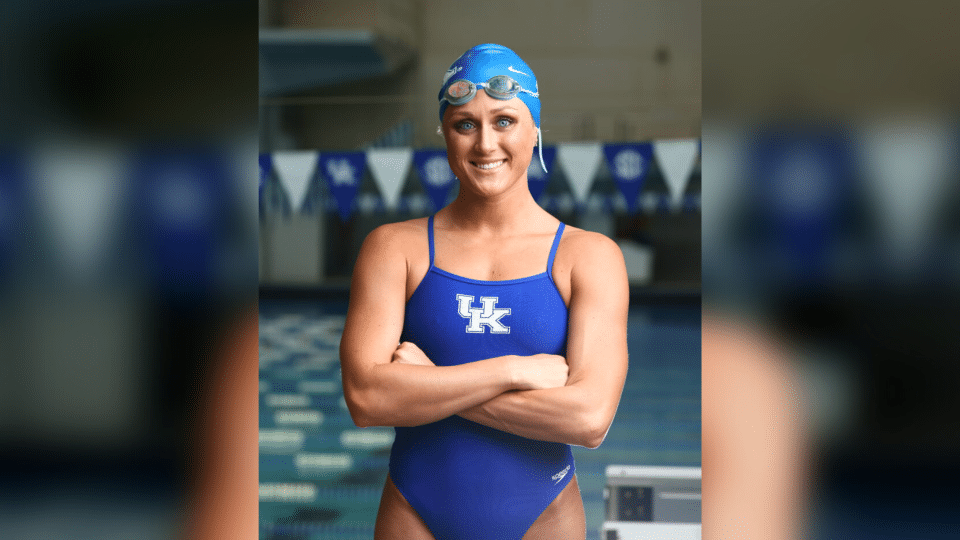The controversy arose from Gaines’ claim that the NCAA had unfairly distributed medals in favor of Lia Thomas, a transgender swimmer at the center of controversy over her participation in women’s swimming competitions. Gaines asserted that the NCAA’s handling of the situation has not only ignored equity and meritocracy, but has also undermined the integrity of competitive sport.

Gaines, a multi-sport swimmer, believed his successes had been overshadowed by the NCAA’s decision to prioritize inclusion over athletic excellence. The $50 million settlement represents a claim to earnings and reaffirms the principle that merit should be the primary criterion for success in sports.
In a statement following the settlement, Gaines expressed relief and gratitude for the resolution of the dispute. “This victory is not just about financial compensation,” he noted. “It is a testament to the importance of supporting fairness and integrity in sports, and I hope it serves as a wake-up call for organizations like the NCAA to prioritize these values in the future.”

The case and the subsequent settlement reignited debates about the role of awareness in sports and the balance between inclusion and competitiveness. While many applaud Gaines for standing up to what they perceive as the undue influence of political correctness, others argue that her actions undermine efforts to create a more inclusive and fair sports environment.
Gaines’s supporters claim that his victory represents the triumph of meritocracy over identity politics. They argue that athletes should be judged solely on the basis of their performances and results, rather than factors such as gender identity or political ideology. By challenging the NCAA’s decision, Gaines has established himself as a champion of fairness and integrity in sports.

However, critics argue that Gaines’s proposed lawsuit is an attempt to halt progress toward greater inclusion in sports. They argue that initiatives to allow transgender athletes to compete in accordance with their gender identity are essential steps toward creating a more diverse and welcoming sports community. By challenging these initiatives, Gaines and her supporters risk perpetuating discrimination and exclusion in sports.
The $50 million deal serves as a reminder of the complex and often controversial nature of sport in modern society. While sport has the power to unite people from different backgrounds and promote values such as teamwork and perseverance, it also reflects the broader social and political tensions of the era.
While the debate about awareness in sport continues to develop, it is essential to remember the importance of balance and nuance. While inclusion and diversity are undoubtedly crucial goals, they must be pursued so as not to compromise the fundamental principles of equity and meritocracy.
In the case of Riley Gaines, his victory in the case against the NCAA represents a significant moment in the current debate about the future of sports. By standing up for what he believes in and challenging the status quo, Gaines has not only secured a substantial settlement but has also initiated important discussions about the values that should guide the world of athletics.





